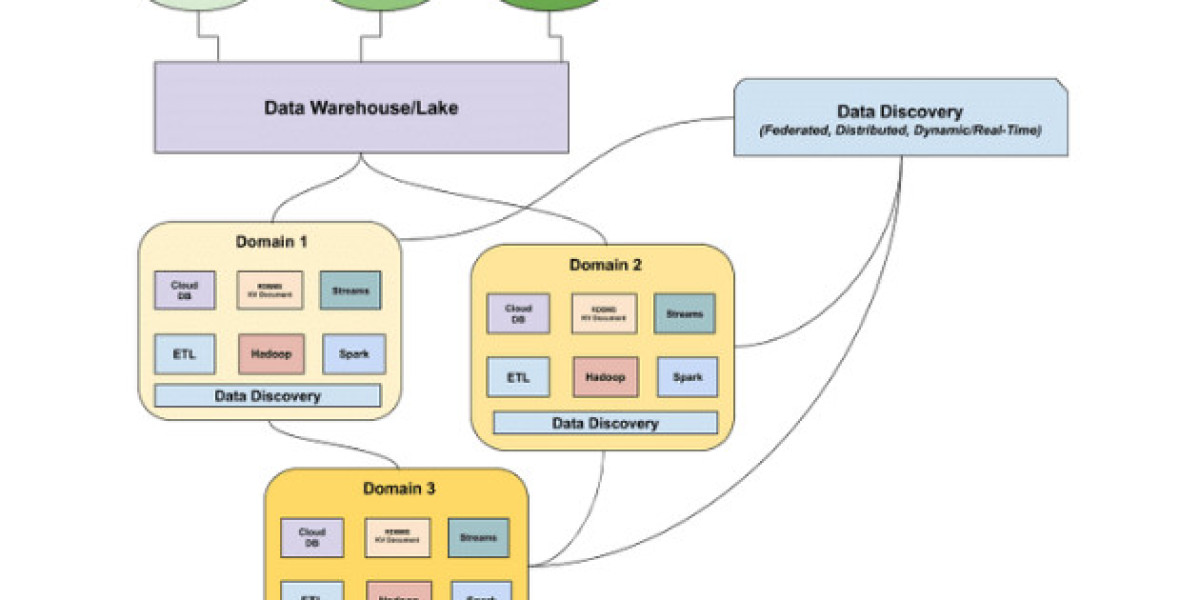What is a Data Catalog?
A data catalog is an organized inventory of data assets within an organization. It serves as a centralized hub, providing detailed metadata about datasets — including their source, structure, usage, and relationships. By offering a comprehensive view of data resources, data catalogs empower users to discover, understand, and trust the data they need for analysis and decision-making.
Key Features of a Data Catalog
Modern data catalogs come equipped with powerful features that enhance data management. These include automated metadata collection, data lineage tracking, search and discovery functions, data profiling, and collaboration tools. Automated tagging and classification further simplify data organization, ensuring data remains easily accessible and accurate. User-friendly interfaces make it simple for both technical and non-technical users to explore datasets.
Benefits of Implementing a Data Catalog
The primary advantage of a data catalog is improved data discoverability, reducing the time spent searching for information. It fosters data transparency, enabling users to understand data context and quality. Additionally, data catalogs support governance efforts by maintaining compliance with data policies and security protocols. By promoting self-service analytics, they empower teams to independently derive insights, driving faster, more informed decisions.
How Data Catalogs Improve Data Governance
Data governance is essential for ensuring data integrity and security. Data catalogs streamline governance processes by embedding data policies, tracking data usage, and offering visibility into data access. This reduces the risk of data breaches and ensures regulatory compliance. Built-in data lineage capabilities allow organizations to trace data back to its origin, ensuring reliability and accuracy.
Enhancing Collaboration with a Data Catalog
Collaboration is vital for data-driven businesses. A data catalog facilitates teamwork by allowing users to annotate datasets, share insights, and create a unified knowledge base. Data experts can document tribal knowledge, ensuring vital information is preserved and accessible to everyone. This encourages cross-functional collaboration, leading to more comprehensive analyses and innovative solutions.
Integrating Data Catalogs with Business Intelligence Tools
Data catalogs seamlessly integrate with business intelligence (BI) and analytics platforms, enhancing data usability. By connecting to BI tools, users can pull datasets directly into their analysis environment, reducing data preparation time. This integration streamlines workflows, ensuring analysts and data scientists spend more time deriving insights and less time wrangling data.
Read More - https://www.marketresearchfuture.com/reports/data-catalog-market-6128
Future of Data Catalogs
The future of data catalogs looks promising as advancements in artificial intelligence and machine learning continue to evolve. AI-powered data catalogs can provide intelligent recommendations, automate data classification, and improve data quality monitoring. With the growing demand for data democratization, data catalogs will become even more essential, enabling businesses to harness the full potential of their data assets.
A well-implemented data catalog transforms how organizations access, manage, and leverage their data — driving efficiency, collaboration, and innovation across the business landscape.








